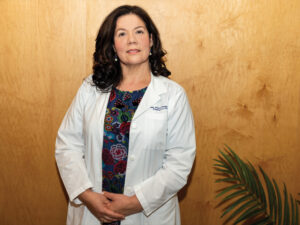A few days ago, many things changed for me. I faced the adventure of designing and conducting a workshop for the parents of my daughter's grade, seeking to counteract, in some way, the hostile environment in which their children were receiving classes. My daughter had already left that school. The workshop had been in development since last year when we were still members of the educational community. So, despite having made the decision to choose another school for our daughter, my wife and I decided to do the workshop with our hearts, a little as gratitude for what we received, a little as a farewell to an important life process for us. And also, a cry to heaven so that other parents could wake up from that harmful belief that "their children are perfect", when they are just starting life and have very important things to learn.
“Mom, I think that if I want to change schools, I'm not happy at this one.” Thus ended our formative struggle to make our daughter understand that girls like that one, she would continue to encounter for the rest of her life, and that she had to face it to learn to handle it. But that bullying girl outweighed her patience, and it was impossible to talk from mom to mom, for fear of violating the school's regular conduct of dealing with these cases. And so, the various incidents of abuse and intimidation, of psychological abuse, of speculations and machinations with other friends to make our friends look bad, were left empty in the school support area, with hugs between the students with the empty promise of “ "to be best friends from now on." The school support system was not effective, and so we lasted 3 years.
Motivated by the above, I decided to mount my own, small and healthy response against the system. My head lit up when I conceived a formal act between parents to ask for “direct feedback” about the behavior of another's child, which would violate a series of principles communicated and recognized by parents: basic rules of peaceful coexistence and belonging to a community. academic. A common language that leads to a significant increase in confidence to hold difficult conversations between parents, without judgments, without qualifiers, from love. Telling parents that their child in our classroom has made a mistake. Parents will do what they want with this information, take it or leave it, but let them know what, perhaps, they didn't know before.
Work hard to increase the rates of respect and good treatment within the classrooms. That is our dream, to found foundations for future adult beings who know how to interact in a community and have a basic recognition of others.
“Please tell me” is a permission turned request. It is a conscious act by parents, of openness to deep listening that may hurt, but that can mean an important corrective for the rest of a child's life. “Please tell me” is a family conversation that starts one day between parents and can continue at home.
Luis Carlos Jacobsen
Lawyer-Educator-Facilitator





